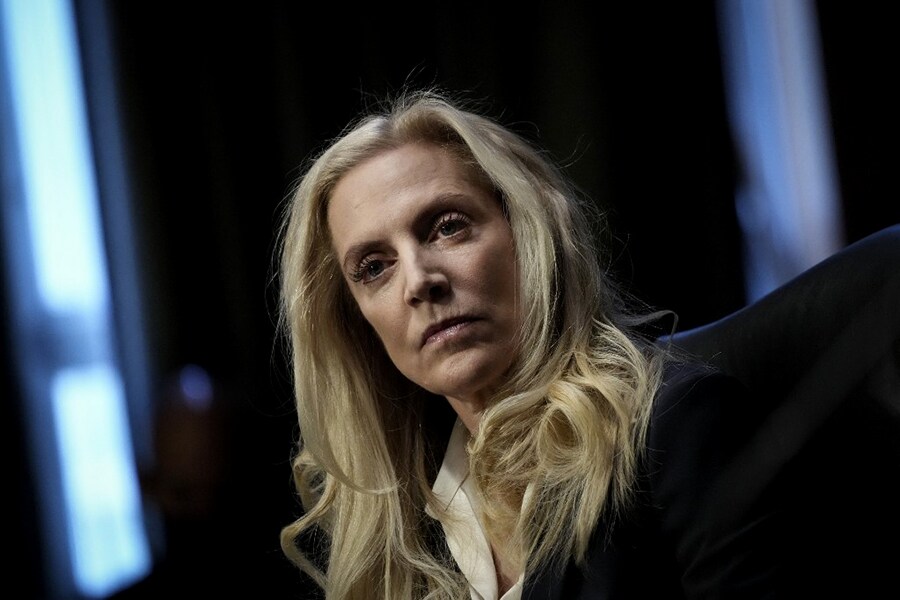
US Federal Reserve's Lael Brainard says pause in rate hikes unlikely
Brainard stressed the central bank's priority was to bring inflation down, even if the US economy will slow as a result, but said it was too early to determine when demand will ease and when the labor supply will increase
 Lael Brainard, vice chair of the US Federal Reserve. (Credits: Drew Angerer / GETTY IMAGES NORTH AMERICA / Getty Images via AFP)
Lael Brainard, vice chair of the US Federal Reserve. (Credits: Drew Angerer / GETTY IMAGES NORTH AMERICA / Getty Images via AFP)
The vice chair of the US Federal Reserve said Thursday there is currently no reason to consider pausing rate hikes in September in the face of soaring inflation.
"Right now, it's very hard to see the case for a pause" during the Fed's meeting in September, Lael Brainard said in an interview with CNBC. "We've still got a lot of work to do to get inflation down to our two percent target."
She stressed the central bank's priority was to bring inflation down, even if the US economy will slow as a result, but said it was too early to determine when demand will ease and when the labor supply will increase.
Following Fed chair Jerome Powell, Brainard noted that rate hikes are decided based on economic data. Any decisions for September will have to wait until data for the summer months has been published.







